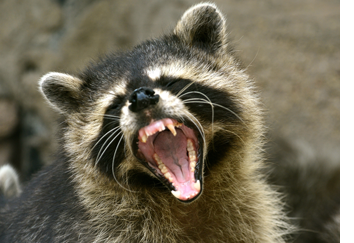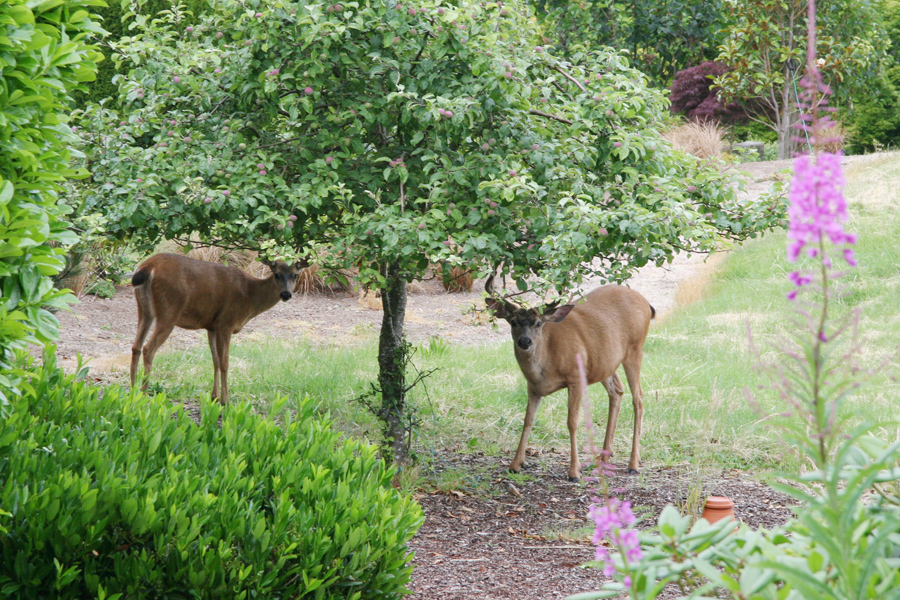
Doesn’t look too friendly, does it?
When animals are constantly fed by humans, they will always expect every human to feed them. If the animals are left unfed, they could potentially become aggressive in order to obtain food. If a person is feeding a large group of animals, the animals may sometimes attack each other in a rush to obtain food. This causes artificial competition amongst groups of animals, as this behaviour is not normally exhibited in the wild. Wild animals eventually become familiar with being fed by humans, hence they lose their fear of humans. Their lack of fear in humans makes it difficult to remove the animal from areas bustling with human activity, as they will persistently wait until food is given or found. Thus, it is important to resist feeding wild animals so they will not be accustomed to humans.
——–
Examples of Aggressive Animals:
1. In Westport, Washington, aggressive behaviour is commonly seen in Californian sea lions, where the sea lions would hurl themselves onto the dock and attack people or dogs that approached leftover scraps of fish. The case of aggressive sea lions began when fishermen used to discard pieces of fish guts into the waters, which attracted the sea lions. Now, these sea lions approach the dock in hopes to find food, and they become aggressive when their scraps of food are disturbed.
Below is a video about an aggressive sea lion who bit a fisherman in Alaska. Sea lions are thought to be docile creatures, however, people believe their behaviour has changed, as they have become more accustomed to people.
https://www.youtube.com/watch?v=kBnqBF66UUA
——–

Deer are also fearless of humans.
2. A family living in Princeton, British Columbia, reported a deer roaming in their yard. When their family dog approached the deer, the deer was reported repeatedly stomping on the dog. The fearless deer then charged at the second dog and the family’s daughter until the father of the household threatened it with a shovel. Nicki McIvor, the wife of the household, stated that deer were becoming a major problem in Princeton, as their fearlessness of humans is a result of people feeding the wild deer.
